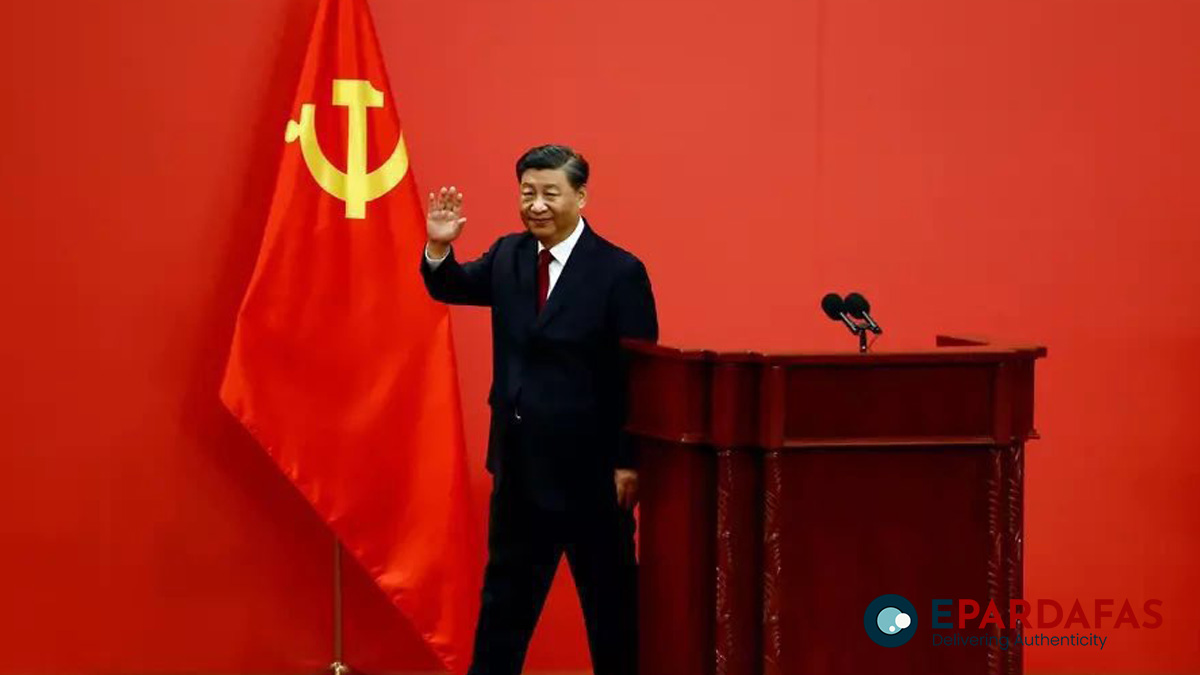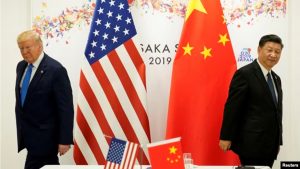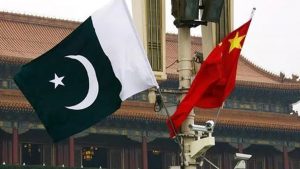
Rising Dissent Poses a Critical Challenge for Xi Jinping Ahead of 2025

As China navigates a turbulent year marked by increasing public dissent, President Xi Jinping faces a complex web of challenges that could undermine his administration’s plans for 2025. The rising discontent, fueled by economic woes and unmet expectations, threatens to disrupt Xi’s ambitious “Made in China” initiative, potentially turning a year of planned triumph into one of significant regret.
The Fragile Social Contract
For decades, the Chinese Communist Party (CCP) maintained a tacit agreement with the country’s 1.4 billion citizens: in exchange for economic prosperity, the populace would accept one-party rule and refrain from public protests. This social contract, which has underpinned China’s rapid rise, is now under strain as the economy falters and the government’s promises of prosperity fall short.
The latest report from Freedom House’s China Dissent Monitor highlights a significant 18% increase in dissent during the second quarter of the year. While large-scale unrest remains rare, the rise in “offline collective action in public spaces” reflects growing frustration among workers, homeowners, and other groups affected by the country’s economic slowdown.
Economic Struggles Fuel Discontent
China’s economic struggles are at the heart of the growing dissent. Despite Xi’s efforts to stimulate growth, factory activity has contracted for four consecutive months, exacerbating the economic malaise. Labor-related protests accounted for 44% of the dissent cases in the second quarter, while 21% were linked to the property market, where unfinished projects and falling real estate values have left homeowners despondent.
Regions like Guangdong, a key manufacturing hub, and Xi’an, known for its struggling real estate market, have become hotspots for protests. The discontent in these areas underscores the broader challenges facing Xi’s administration as it grapples with a slowing economy, volatile exports, and a deepening property crisis.
2025: A Crucial Year for Xi’s Legacy
The year 2025 holds particular significance for Xi Jinping, as it marks the target year for his “Made in China” initiative, launched in 2015 to propel China into higher-value sectors like renewable energy, artificial intelligence, and biotechnology. However, the progress has been mixed, with China falling short of the lofty goals Xi envisioned.
Several factors have contributed to this underperformance, including Xi’s crackdown on open discourse and his micromanagement of the economy. The ill-conceived crackdown on tech giants like Alibaba, along with the severe COVID lockdowns, has inflicted lasting damage on China’s economic landscape, eroding public confidence and stifling innovation.
The Consequences of Inaction
Beijing’s response to the mounting dissent has been notably restrained, raising questions about the government’s strategy. The lack of aggressive fiscal stimulus and the slow pace of interest rate cuts by the People’s Bank of China suggest a cautious approach that may not be sufficient to address the underlying economic issues.
Moreover, the government’s efforts to suppress information, such as halting the release of youth unemployment data and restricting data on overseas fund flows, indicate a desire to control the narrative rather than confront the problems head-on. This opacity, however, only deepens skepticism among investors and the public, potentially exacerbating the challenges ahead.
A Potentially Volatile 2025
As local governments in key manufacturing and construction regions struggle to manage rising tensions, the risk of more frequent and widespread protests looms large. The standoffs between aggrieved citizens and authorities could escalate, turning 2025 from a year of expected achievements into a period of significant political and economic turmoil for Xi’s administration.
In summary, the growing dissent in China serves as a stark reminder of the challenges Xi Jinping faces as he approaches a critical juncture in his leadership. The failure to address economic grievances and recalibrate the government’s approach could lead to a year of regret for the CCP, undermining the very foundation of its rule and casting a long shadow over China’s future.












Comments